In a rare show of coordinated diplomacy, the United States, Saudi Arabia, the United Arab Emirates, and Egypt have jointly put forward a detailed roadmap to end Sudan’s ongoing civil war. The conflict, which erupted in April 2023 between the Sudanese Armed Forces (SAF) and the paramilitary Rapid Support Forces (RSF), has devastated the country, displacing millions and pushing vast communities to the brink of famine.
The new proposal, announced on Thursday, sets out a three-phase framework. The first stage calls for a three-month humanitarian truce, intended to create safe corridors for aid agencies to deliver life-saving assistance. The second stage would see the warring factions commit to a permanent ceasefire, halting months of relentless fighting in urban centers and rural communities alike. The third and final phase outlines a nine-month transition to civilian rule, opening the door for the formation of a government free from military dominance.
Excluding Islamist Groups
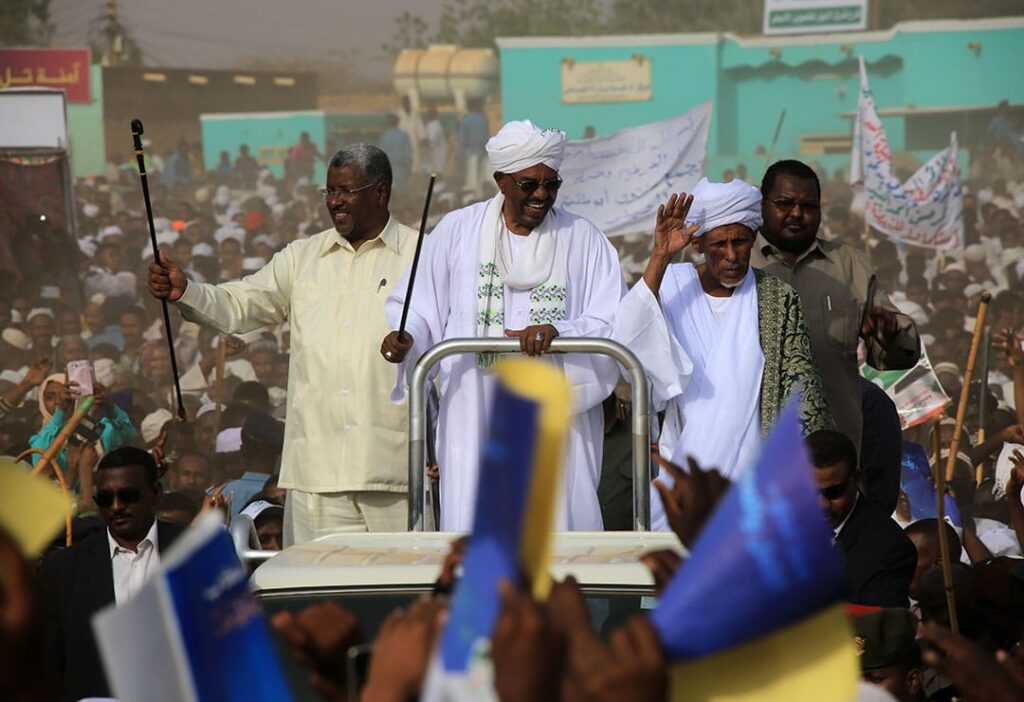
In a move likely to spark political debate, the roadmap explicitly excludes groups linked to the Muslim Brotherhood from Sudan’s political future. Diplomats involved in the negotiations argue that this step is essential to prevent extremist influence during the fragile transition, though critics say excluding such groups could further polarize Sudan’s political scene.
Ending Foreign Involvement
The four nations also pressed for an immediate end to external military support for both the SAF and RSF. The demand comes amid persistent accusations that the UAE has supplied arms to the RSF, a claim Abu Dhabi has denied, while Egypt and Saudi Arabia are viewed as longstanding allies of Sudan’s regular army. Analysts say the coordinated stance signals a recognition that regional rivalries have fueled the war and must be contained if peace is to hold.
Humanitarian Emergency

The humanitarian toll of the conflict is staggering. According to the United Nations, millions of Sudanese have been displaced internally or forced to flee into neighboring countries, while shortages of food, medicine, and clean water have pushed communities into crisis. Aid organizations warn that famine conditions are spreading, with children and vulnerable populations most at risk. The roadmap urges both sides to guarantee unhindered humanitarian access and to refrain from attacks on civilian infrastructure.
Challenges to Implementation
Despite the diplomatic breakthrough, doubts remain over whether the SAF and RSF will commit to the plan. Both factions have rejected or violated past ceasefire agreements, and deep mistrust lingers after more than a year of urban combat, alleged war crimes, and mass atrocities. Observers caution that without credible monitoring and strong international pressure, the roadmap could collapse like previous peace efforts.
International Reactions
Western and African diplomats have cautiously welcomed the proposal, while Sudanese civil society groups have called for greater involvement of local stakeholders in any transition plan. Many insist that only a truly inclusive process will secure lasting peace, warning that deals imposed from outside risk alienating communities on the ground.
A Narrow Window for Peace
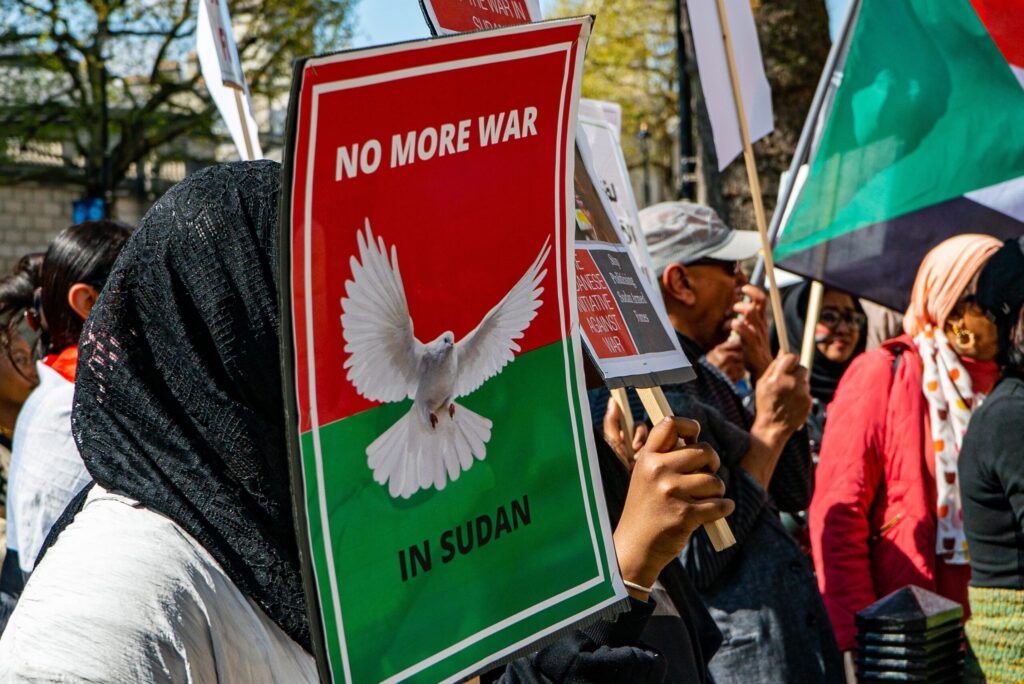
The roadmap reflects growing urgency among Sudan’s international and regional partners. The conflict has not only destabilized Sudan but has also threatened wider regional security, with spillover effects into Chad, South Sudan, and the Red Sea corridor. As one diplomat involved in the talks put it: “The world cannot afford to let Sudan bleed indefinitely. The human cost is unbearable, and the political cost will only rise.”
Background: How Sudan Slipped into War
The roots of Sudan’s crisis trace back to the uneasy power-sharing arrangement that followed the ouster of long-time ruler Omar al-Bashir in 2019. The military, led by General Abdel Fattah al-Burhan, and the RSF, commanded by General Mohamed Hamdan Dagalo, known as Hemedti, were supposed to oversee a transition to civilian rule.
However, tensions over the integration of the RSF into the regular army and competition for political dominance escalated into full-scale war in April 2023. What began as clashes in Khartoum soon spread nationwide, with both sides accused of atrocities, including ethnic killings, sexual violence, and indiscriminate shelling.
The war has since displaced millions, crippled Sudan’s fragile economy, and shattered hopes for a democratic transition. Previous mediation efforts, including talks in Jeddah and Addis Ababa, failed to produce lasting results. The latest roadmap represents the most ambitious attempt yet to bring the conflict to an end.


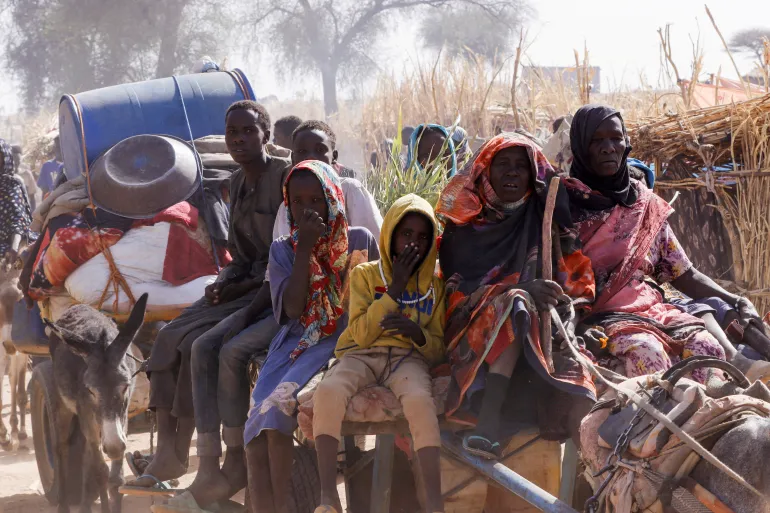



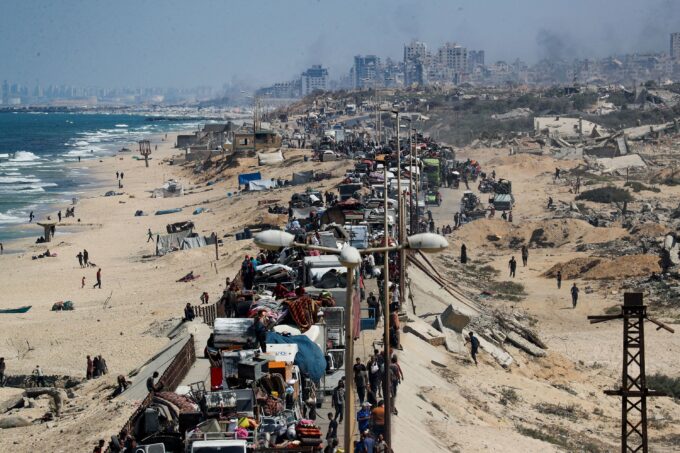
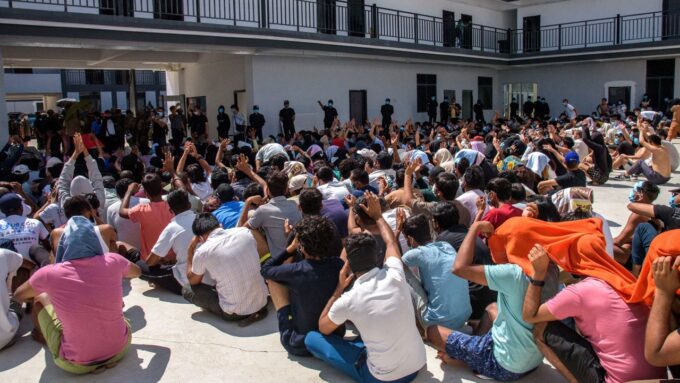



Leave a comment